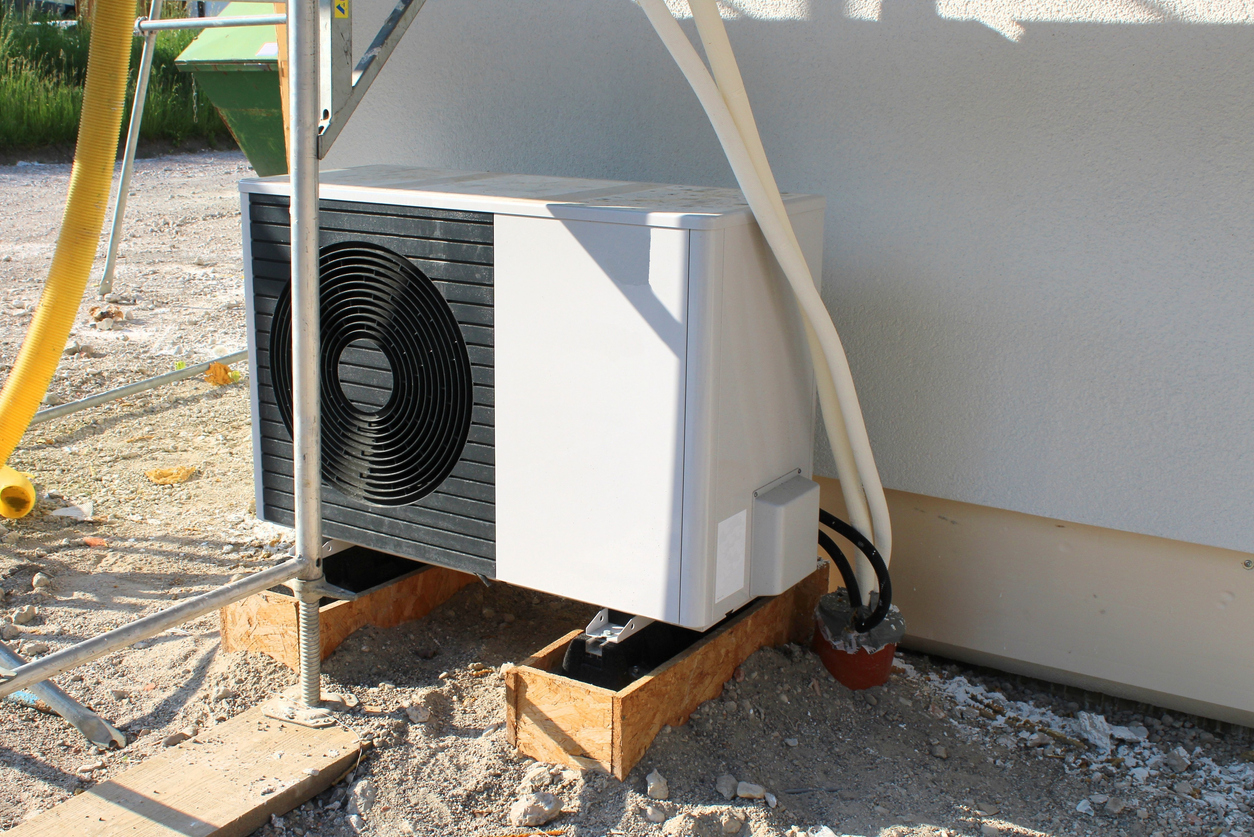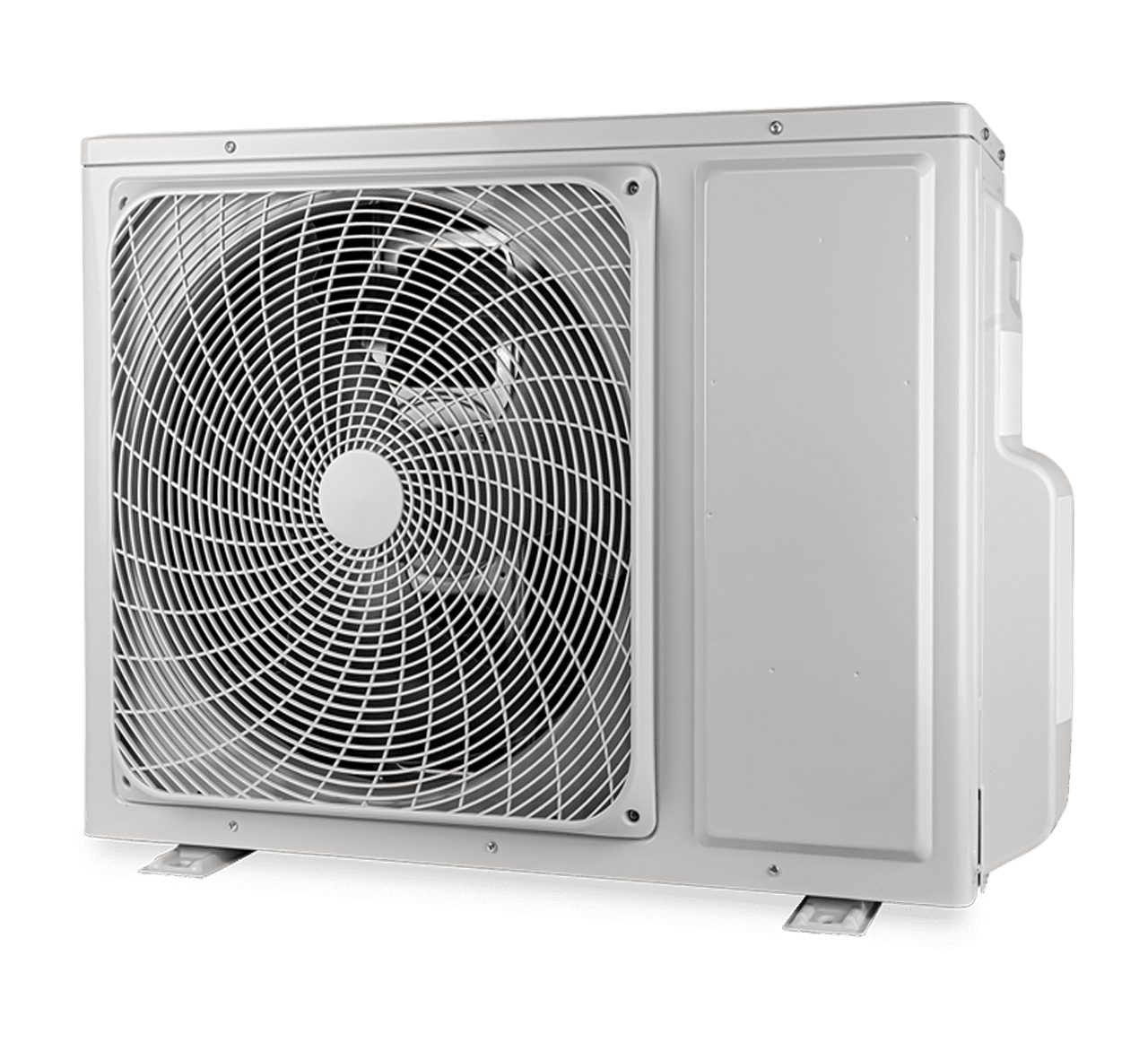How Does A Heat Pump Work In Winter

How Does A Heat Pump Work In Winter
Although the British Columbian winter brings freezing temperatures, your home does not have to be cold. You can stay warm and cozy all winter long thanks to the outstanding technology of heat pumps. But how exactly does a heat pump work during the winter months? In this post, we will let you in on the secrets of how heat pumps function during the wintertime, so you can have a better idea about whether this type of HVAC system may be right for you and your home.
Therefore, to learn more about how heat pumps operate during cold snaps, keep reading!
Does a heat pump struggle in winter?
In the winter, heat pumps can face some difficulties, particularly in frigid temperatures. Here are some of the ways heat pumps can fail during the winter:
· As the outdoor temperature drops, heat pumps become less efficient, resulting in longer heating times.
· Heat pumps may require additional heating elements or backup systems in colder climates.
· Heat pumps use defrost cycles to melt the frost on outdoor coils while briefly blowing cooler air inside.
· In freezing temperatures, standard heat pumps might be unable to fully heat homes.
To figure out whether a heat pump is appropriate for your specific climate and heating needs, consult with a professional home comfort advisor in your area.
Should I turn my heat pump off in extreme cold?
It usually isn’t a good idea to turn off your heat pump completely in frigid weather. Heat pumps have been built to function in a variety of climate conditions, including cold weather, and they are capable of offering some heat even when the exterior temperature is very low. However, there are a few scenarios where you should consider adjusting your heat pump settings in extreme cold:
1. Secondary heating: In freezing temperatures, consider using secondary heating elements or a backup heating system to support the heat pump’s operation.
2. Temperature setback: If you are gone for an extended period of time, lower the thermostat to save energy while maintaining a moderate temperature to avoid overcooling and potential problems.
3. System failures: If your heat pump fails in frigid temperatures, call an HVAC technician for repairs or modifications.
If you have a heat pump fitted in your home and have questions on how to correctly operate it moving forward, reach out to the team at Moore and Russell for help!
What temperature is too cold for heat pumps?
The temperature where a heat pump becomes less efficient or useless is determined by a number of variables, including the type of heat pump, its size, and the make and model. However, as a general rule, when the outdoor temperature falls below -15 degrees Celsius, most standard air-source heat pumps start to lose efficiency and struggle to draw in sufficient heat.
When exterior temperatures are close to or below freezing, the heat pump’s ability to extract heat from the outdoor air will begin to decrease, and it may be necessary to use supplemental heating to meet your home’s heating needs. When the exterior temperature is too cold for the heat pump to operate efficiently, some heat pumps integrate secondary heating elements or backup systems, such as standard boilers or furnaces, to take over during these colder periods.
If you reside in an area that experiences harsh winters or sub-freezing temperatures for extended periods of time, you should consider a heat pump designed especially for cold climates or alternative heating options, such as a dual-fuel system which incorporates a heat pump with a backup furnace. A heating professional or HVAC technician who is familiar with your local climate, like the team at Moore and Russell, can provide more specific information about the suitableness and effectiveness of heat pumps in your specific region.
Will a heat pump warm my house in winter?
Yes, a heat pump can keep your house warm in the winter. Heat pumps are multipurpose HVAC systems that can be employed to heat and cool a home from a single unit. During the wintertime, a heat pump will draw heat from the exterior air before transferring it into your home. Even when the outside temperature is cold, heat pumps are able to remove heat from it and then utilize it to warm the interior of a house.
Heat pumps operate on what is known as a refrigeration cycle. They absorb heat from their surroundings and transfer it indoors via a compressor and a heat exchanger. A fan or a radiant system distributes the heat throughout your home. It’s worth noting that as the outside temperature drops, so does the overall efficiency of a heat pump as the amount of available heat energy diminishes. This means the heat pump will need to work harder to heat your home. However, it’s also worth mentioning that heat pumps are able to function efficiently in below-freezing temperatures as low as -15 degrees Celsius. Therefore, if you reside in a mild climate like the lower mainland, losing efficiency is not something you will need to worry about as long as you take proper care of your heat pump correctly during its lifespan.
Regardless, when choosing a heat pump for your home, examine variables such as your local climate, insulation levels in your home, and the dimensions and effectiveness of the heat pump unit to make sure it can successfully satisfy the heating needs of your home. Consultation with an accredited HVAC technician can provide valuable advice and assist in determining the best heating solution for your specific situation.
Are you a homeowner living in the lower mainland in search of efficient methods to heat your home? If so, look no further than Moore and Russell Heating and Air Conditioning! Our team of certified and professional HVAC technicians will work with you to identify your needs before offering expert solutions on which unit will benefit you and your home! Call and book a consultation appointment with us today to receive a complimentary new system purchase quote from one of our home comfort advisors! We look forward to partnering with you!
